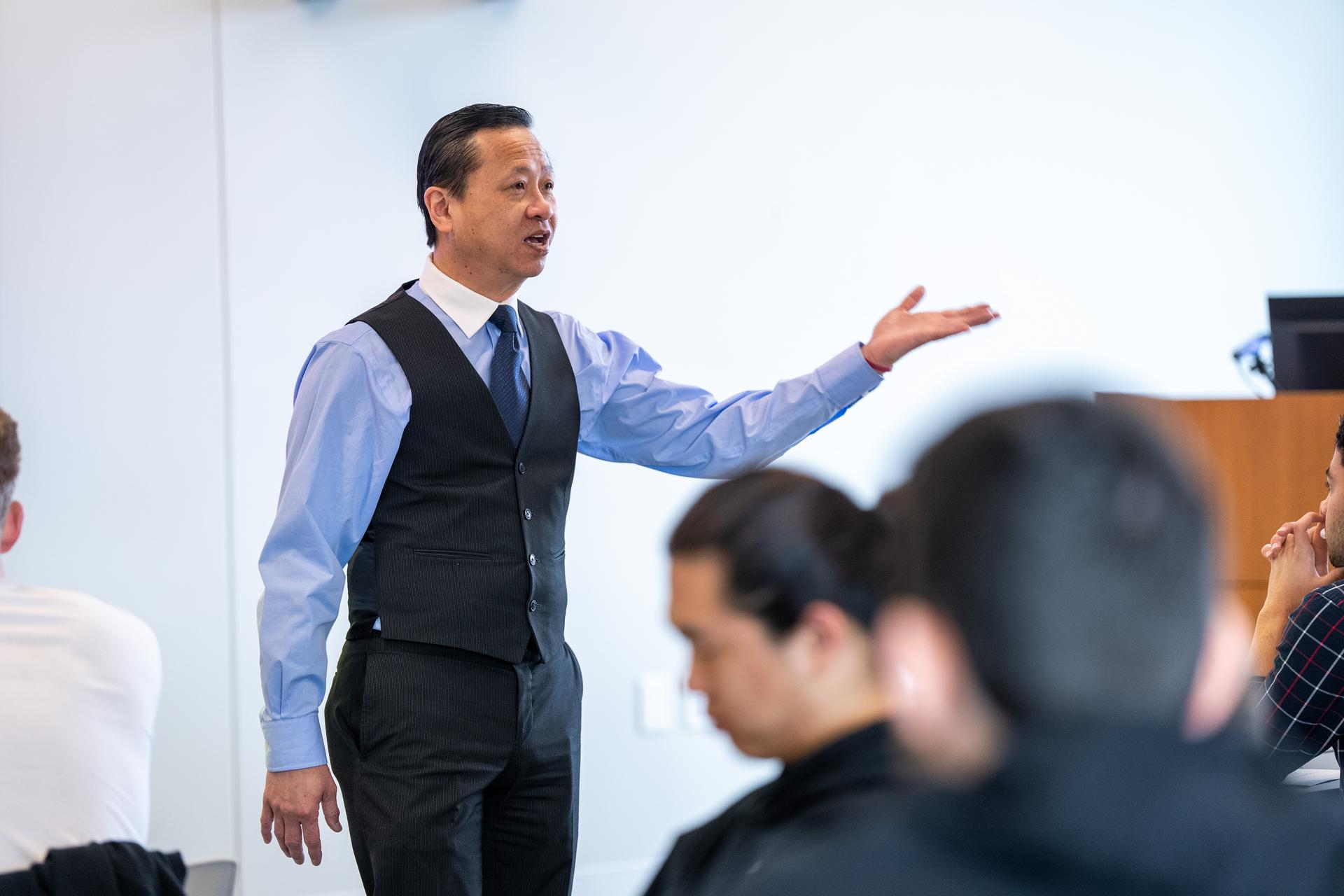
John Cotton
 John CottonMarquette University
John CottonMarquette UniversityO'Brien Hall
MilwaukeeWI53201United States of America(414) 288-7558john.cotton@marquette.eduCurriculum VitaeProfessor Emeritus of Management
John received his Ph.D. from the University of Iowa, and has taught at the University of Iowa, Iowa State University, Purdue University, and Marquette. Dr. Cotton's primary interests are in Organizational Behavior, specifically employee involvement, leadership, the sociology of academic knowledge, and the mentoring of employees. He has published numerous articles, chapters, and a book on these topics. In addition, Dr. Cotton has conducted training and executive development with General Motors, the United Auto Workers, General Electric, Blue Cross/Blue Shield, and the Farm Bureau. He has consulted with the Veterans Administration, General Electric, AT&T, and other organizations. Dr. Cotton is a member of the Academy of Management, the American Psychological Society, and the Society of Industrial/Organizational Psychologists.
Education
- 1974 B.A., Psychology, University of Wisconsin
- 1976 M.A., Psychology, University of Iowa
- 1979 Ph.D., Psychology, University of Iowa
Professional Interests
- Leadership
- Sociology of knowledge
- Employee participation
- Mentoring
- Turnover
Selected Publications
Neely, A., Cotton, J.L., & Neely, A. (In press). E-mentoring: A Model and Review of the Literature. AIS Transactions on Human-Computer Interaction.
Hassell, M.D. and Cotton, J.L. (in press). Some things are better left unseen: Toward more effective communication and team performance in video-mediated interactions. Computers in Human Behavior.
O’Neill, B., & Cotton, J.L. (in press). Putting the horse before the cart: Understanding the influence of trigger events on justice perceptions and work attitudes. Journal of Managerial Issues.
Cotton, J.L., O’Neill, B., & Griffin, A. (2014). The Whiteness of a Name: “White” is the Baseline? Journal of Managerial Psychology, 29(4), 405-422.
Stewart, A., & Cotton, J.L. (2013) Making sense of entrepreneurship journals: Journal rankings and policy choices. International Journal of Entrepreneurial Behaviour and Research, 19, 303-323.
Honors and Awards
Winner of the 1999 Research Award by the American Society of Training and Development. (for Ragins, B.R., & Cotton, J.L. (1999). Mentor functions and outcomes: A comparison of men and women in formal and informal mentoring relationships. Journal of Applied Psychology, 84, 529-550)
Winner of the 1998 Best Applied Paper Award, Careers Division of the Academy of Management
